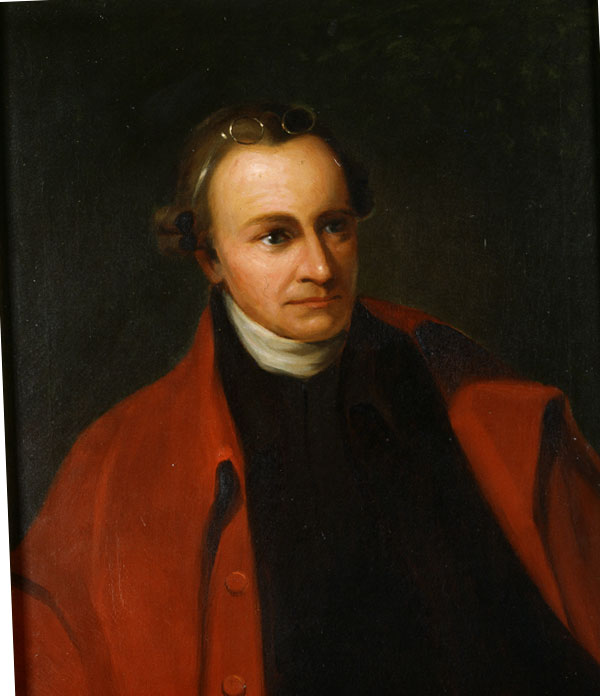Henry, Patrick

Henry, Patrick (1736-1799) Statesman: Henry received little formal education but, after unsuccessful attempts at farming and operating a general store, he began studying law informally. After less than four months of unsupervised study, he was admitted to the bar in Williamsburg, Virginia. Henry was an active attorney throughout his political involvement with the revolution, unlike many of his political colleagues, whose legal practices were only tangential to their main efforts. Henry's first important case was the Parson's Cause Controversy, which set him defending the rights of Virginia taxpayers against the claims of Anglican clergy. He entered the Virginia House of Burgesses in May 1765, just as Britain was passing the Stamp Act, which he denounced eloquently. He served in the First Continental Congress in 1774, and gave his famous "Give me liberty or give me death" speech in May 1775 in Virginia, although it is difficult to prove the authenticity of the precise wording of the oration.
Henry's speaking style was a departure from the tradition of American oratory, which emphasized formal learning and allusions to classical texts. The new style, represented by Henry, resembled nothing so much as an evangelical preacher, with biblical references and, according to his critics, an appeal to passion rather than reason. This made Henry one of the first popular politicians in the emerging United States. After the war, Henry was a strong opponent of the proposed federal Constitution, believing that too much power was being given to the central government. His critique of the proposed Constitution at the Virginia Ratifying Convention of 1788 stands as a clear and thorough statement of the states' rights position.
Henry became the first governor of the free state of Virginia, serving five terms, and was elected to several terms in the state legislature. His loyalty to his home state led him to decline offers to serve in the Continental Congress, the US Senate, as Chief Justice of the Supreme Court, and as Secretary of State under Presidents Washington and Adams. Henry's fears of national chaos, as well as his personal dislike of Thomas Jefferson, led him to side with the Federalists in the Federalist-Republican debate. He was convinced to come out of retirement and serve in the Virginia Legislature as a Federalist in 1799, but died before he could do so.
 >
>